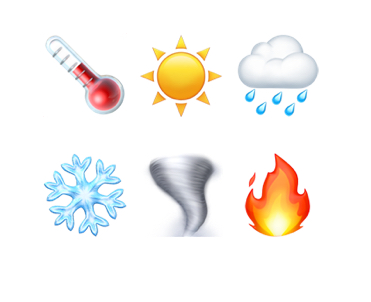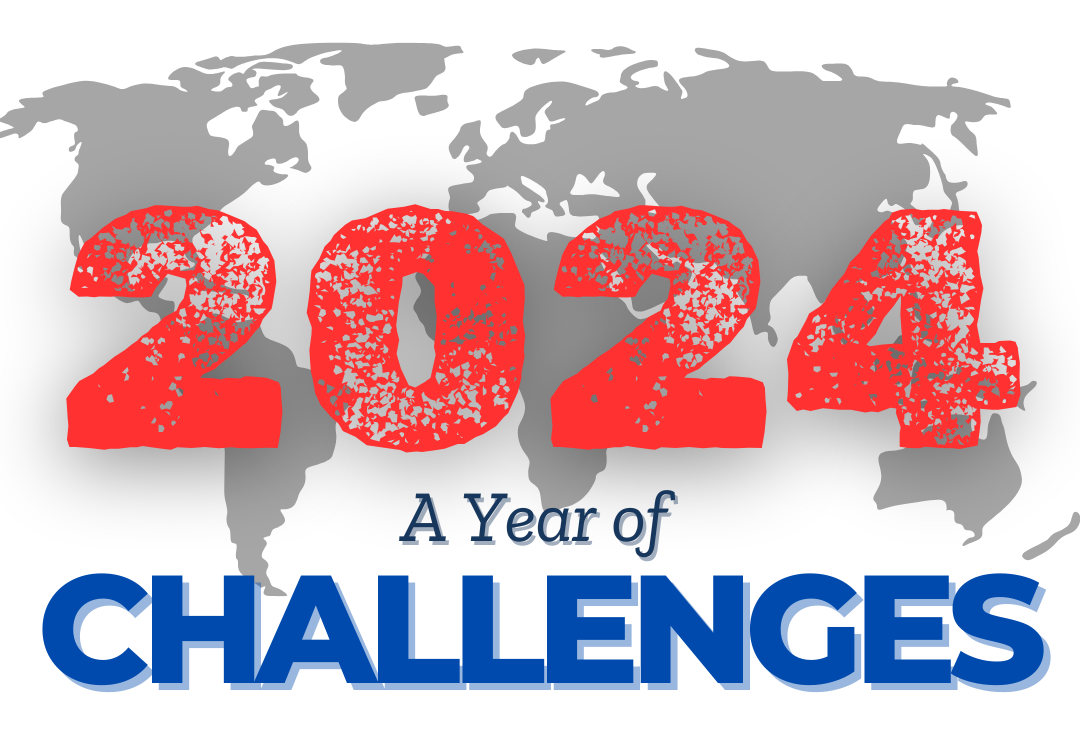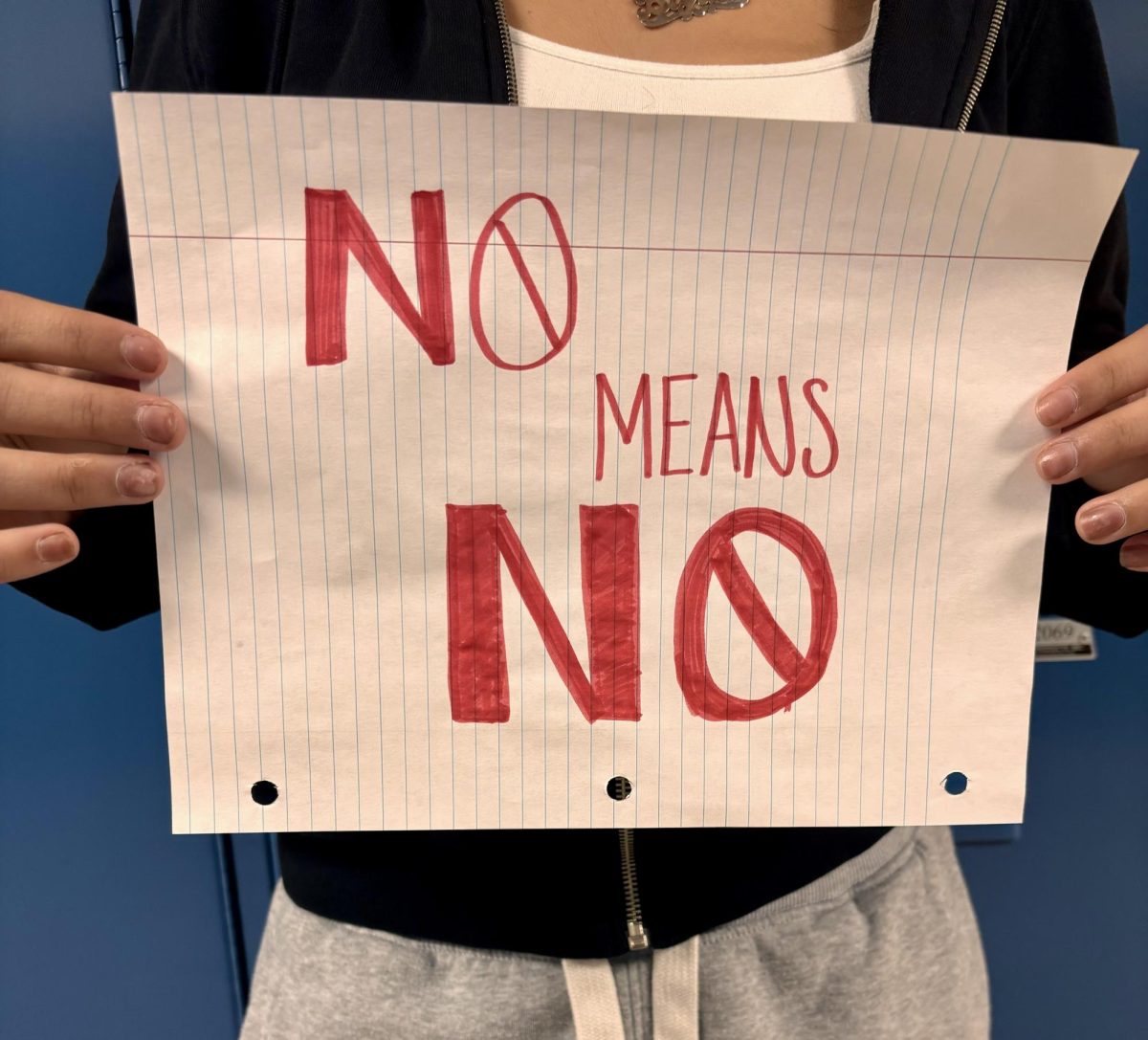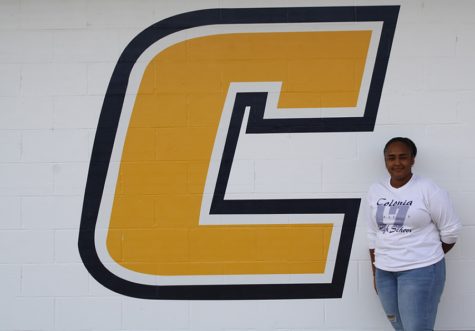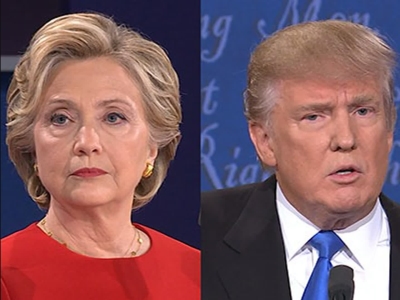
On Monday, September 26th, the 2016 presidential candidates, Democrat Hillary Clinton and Republican Donald Trump went head to head in the first presidential debate of this election season, at Hofstra University in Hempstead, NY.
Immediately following the debate, polls conducted by CNN/Opinion Research Corporation (ORC) suggest that Clinton won. Understanding CNN’s sample of debate watchers was 10 points more Democratic than in a typical poll, it was concluded that 62 percent thought Clinton won and 27 percent thought Trump won.
In another seemingly unbiased poll conducted by Public Policy Polling, it was reported that 51 percent thought Clinton won and 40 percent thought Trump won.
And finally, a focus group of Pennsylvania voters gathered by a republican pollster, Frank Luntz, overwhelmingly thought Clinton had won.
Expectations for Trump, who has very little political experience in comparison to Clinton, were low prior to the debate; so low that Huffington Post claimed, “Debate Bar So Low For Donald Trump That If He Doesn’t Vomit, He’s Exceeded Expectations.”
Trump was able to hold it together through Clinton’s criticism for the first 8 to 10 minutes of the debate, before he persisted with constant interruptions of Clinton’s answers and spewings of his own personal opinions, rather than facts.
On the other hand, some felt that the moderator, Lester Holt, directed “antagonistic questions” towards Donald Trump only; examples of such would be, Trump was asked about his tax returns, his role in promoting the “birther controversy,” which questioned the citizenship of President Obama, whether or not he flip-flopped on the Iraq War, and what he meant when he recently said that Clinton doesn’t have a “presidential look.”
In contrast, Clinton wasn’t asked about any of her controversy; for example, her private email server, the Clinton Foundation, Benghazi, or any other topics voters have expressed concerns about.
Colonia High School’s AP United States History II teacher, Mr. Drew Biri, has his own opinions about what went down Monday night: “Going into the debate I was very open-minded. Many of my friends are voting for Trump but I’m still undecided. I am the target voter for this type of situation. I think Hillary clearly won. She was poised, prepared and answered questions directly from the moderator. Trump was ill-prepared and seemed rattled.”
Biri felt as though the moderation favored Clinton by allowing her to start and close each question.
In terms of the second debate, Biri would like to see Trump bounce back from what he thought should’ve been a “wake-up call” in this first debate. After noting Trump’s lack of experience in politics, he thinks Trump appears to be at his best when he isn’t prepared; however, a lack of preparation isn’t fitting for the debate format.
Now that the debate is over, Clinton has appeared to have a bit of a pep in her step returning to the campaign trail. Clinton hopes to target millennial voters between now and Election Day.
CHS senior, Christine Silvana, who will be of voting age by the time Election Day arrives, has expectations for the second debate, “I’d like to see both of the candidates talk about affordable college tuition. I think they need to treat it as more of an important issue. I think that’s something young people, like me, would like to hear about.”
It appears as though Clinton has every intention of making affordable college tuition a topic of discussion in the next debate. Due to Trump’s unpredictability, viewers can only wait and see what will come from him in the second debate.



